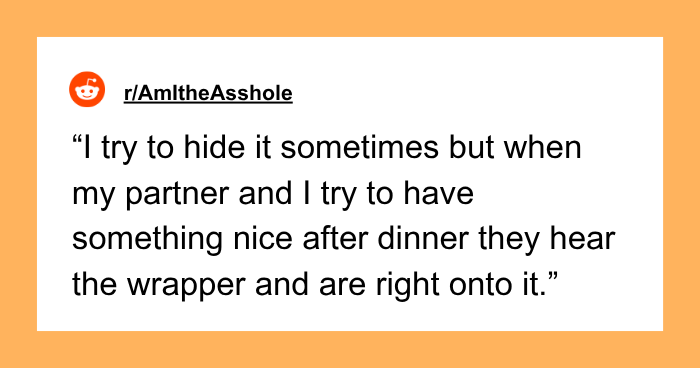Woman Discovers Cousin’s Affair With Her Boyfriend — Cuts Ties, But Faces Backlash From Family
When someone betrays their family, it hurts a lot, even if the connection is over. When this 26-year-old woman found out that her cousin had been seeing her ex-boyfriend behind her back, she decided to quietly pull away from her cousin and some other relatives. Even though they were no longer together when she found out, the lie, especially from family, hurt her deeply. Years later, when the cousin gets engaged, things get tense again when the writer doesn’t show up to the party or send congrats.
Her mother accepts her choice, but her father keeps telling her she’s being petty or not loyal to his side of the family, which makes her feel bad about how she feels. But is keeping your peace after being betrayed really about having a grudge, or is it just about respecting your emotional boundaries?
Setting boundaries after a betrayal is never easy, especially when the person who hurt you shares your blood
The author found out that her cousin had been involved with her then-boyfriend, and it hurt that other family members knew about it








Betrayal Doesn’t Expire Just Because the Relationship Did
When someone you trust, especially a family member, breaks your trust, time and a new partner can’t heal the hurt. This wasn’t just about a boyfriend; it was about being honest, fair, and trustworthy. The cousin’s secret participation wasn’t a mistake; it was a planned betrayal, made worse by the fact that other family members knew about it but didn’t say anything. Psychology Today says that cheating by loved ones is one of the worst things that can happen to a person’s emotions and can often leave long-lasting scars on their ability to trust (psychologytoday.com).
Distance Is Not Hatred — It’s a Boundary
People often get this wrong: putting limits on someone who hurt you is not the same as having a grudge. Setting mental limits is actually a very important part of getting over being betrayed. According to verywellmind.com, protecting your mental space often means spending less time with people who make you feel stressed or have unresolved feelings.
Skipping the wedding party wasn’t done out of spite; it was out of respect for oneself. It’s not like the writer caused a fuss, spread drama, or tried to ruin anything. She chose not to be there, plain and simple. That’s not spite; it’s trying to stay alive.
Parental Invalidations and Emotional Gaslighting
The father’s answer is one of the most painful parts of this story. His repeated efforts to downplay her pain, like asking, “Aren’t you over that guy?” show that he doesn’t understand how she feels. People who are gaslighted in this way often feel bad about having feelings because it breaks their trust. Dr. Lindsay Gibson, a clinical psychologist, says that putting other people’s feelings or how they look ahead of their child’s can have long-lasting effects on their mental safety and sense of self-worth (drgibsontherapy.com).
The author’s father has also lied to her about family events in the past, which points to a pattern of controlling behaviour that goes against her wishes and comfort. These strategies aren’t harmless; they make someone less safe and take away their freedom.
Rebuilding Trust Doesn’t Mean Forced Forgiveness
When things are like this, forcing people to get along rarely works. Once trust is lost, it can’t be fixed by guilt or pressure. It’s slowly rebuilt by taking responsibility, saying sorry, and acting in a consistent, polite way. All of those things don’t seem to have happened here.
He criticized the author for not congratulating her cousin on her engagement, but netizens saw nothing wrong with what she did

















